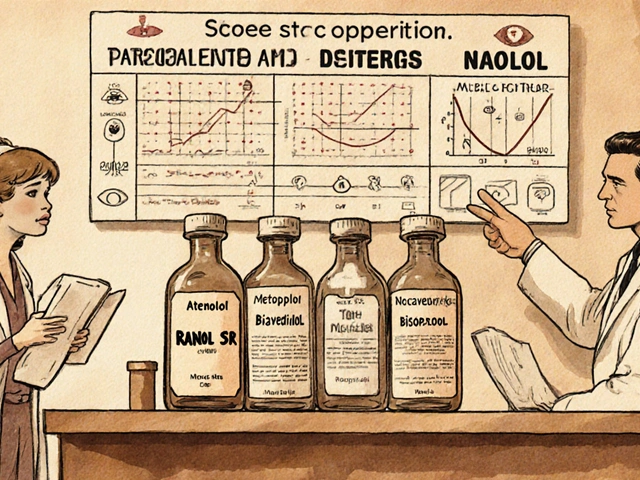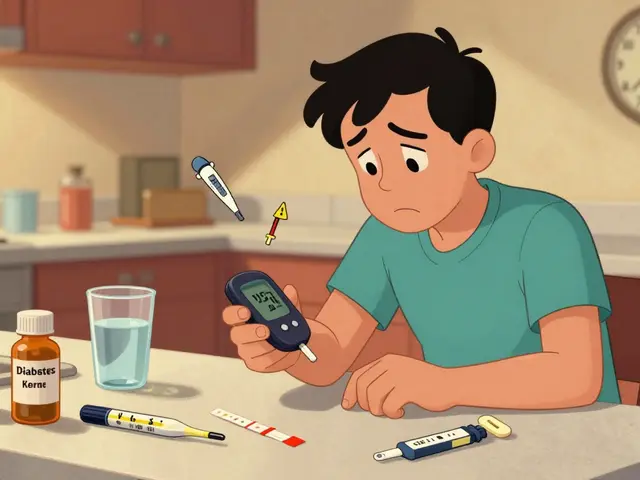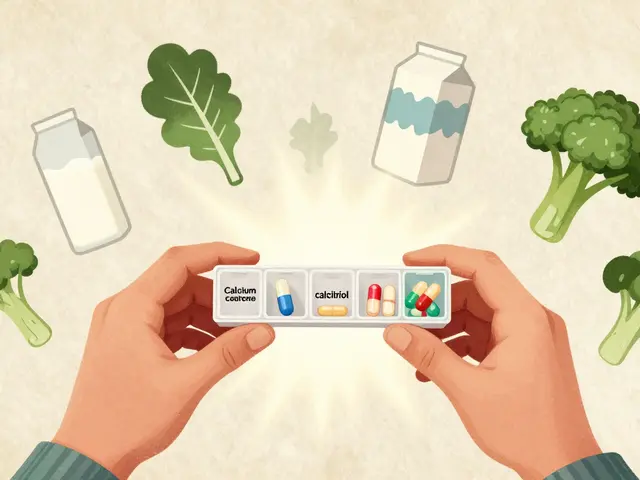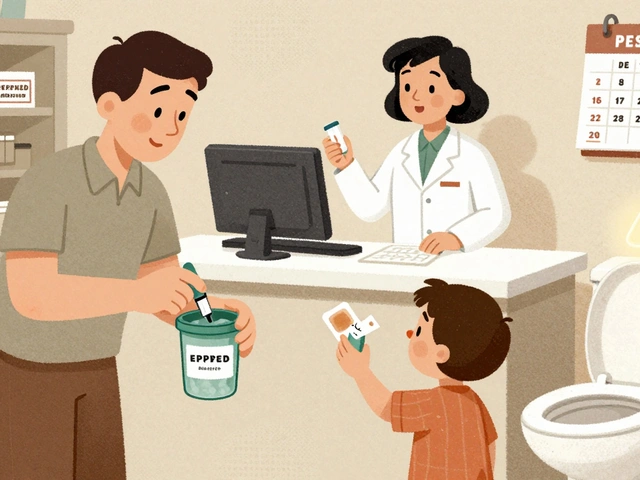Allergy Treatment UK – What Works, Where to Get It, and How to Stay Safe
Allergies can turn a sunny day into a sneeze marathon. If you’re in the UK and fed up with itchy eyes, runny nose or wheezy lungs, you’re not alone. Below you’ll find straight‑forward advice on the medicines you can grab at the chemist, the prescriptions you might need, and a few natural tricks that actually help.
Over‑the‑counter options you can pick up today
Most UK pharmacies stock three main types of allergy relief:
- Antihistamines – tablets like cetirizine, loratadine or fexofenadine. They block the histamine that makes you itch and sneeze. Take them once a day and you’ll notice a drop in symptoms within an hour.
- Nasal sprays – Fluticasone or mometasone sprays target inflammation right at the source. A couple of sprays in each nostril twice a day can keep a blocked nose at bay.
- Eye drops – If your eyes are the worst part, preservative‑free drops such as sodium cromoglicate soothe redness and watery eyes without a prescription.
These products are cheap, don’t need a doctor’s note and are covered by most NHS pharmacy schemes. Just read the label, follow the dosage, and you’re good to go.
When you need a prescription – and how to get it safely
Sometimes OTC meds aren’t enough. If you have severe hay fever, asthma triggered by pollen, or chronic eczema, your GP may prescribe stronger solutions:
- Prescription antihistamines – Levocetirizine or desloratadine work faster and last longer than their OTC cousins.
- Leukotriene receptor antagonists – Montelukast helps when nasal sprays fall short, especially for asthma‑related allergies.
- Immunotherapy – Allergy shots or sublingual tablets train your immune system to tolerate the allergen. It’s a long‑term fix that can cut down medication use.
Ask your GP for a repeat prescription if you need to keep your meds on hand. If you prefer buying online, stick to NHS‑registered pharmacies or reputable sites that ask for a valid prescription. Look for the MHRA logo and read customer reviews before you click ‘Buy’.
Beware of “too cheap” offers on foreign sites – they often sell counterfeit pills that can do more harm than good. A quick check on the UK Medicines and Healthcare products Regulatory Agency (MHRA) database can save you from a pricey mistake.
Beyond meds, a few everyday habits can lower your allergy load:
- Keep windows closed on high‑pollen days and use a HEPA filter in the bedroom.
- Shower and change clothes after spending time outdoors to rinse pollen off skin and hair.
- Drink plenty of water; staying hydrated thins mucus and eases congestion.
- Consider a daily probiotic – emerging research shows gut health can influence allergic reactions.
Allergy treatment isn’t one‑size‑fits‑all, but with the right mix of OTC meds, prescribed options, and simple lifestyle tweaks, you can keep symptoms under control without missing out on the things you love.
Got a specific question about a UK pharmacy, a prescription, or a natural remedy? Drop a comment below – the community is happy to share experiences and tips.
Top 5 Seasonal Allergy Myths Debunked: Facts, Treatments, and UK Pollen Tips
Tired of sneezing at bad advice? We bust the top 5 seasonal allergy myths with UK facts, proven treatments, and simple daily tactics to breathe easier.





